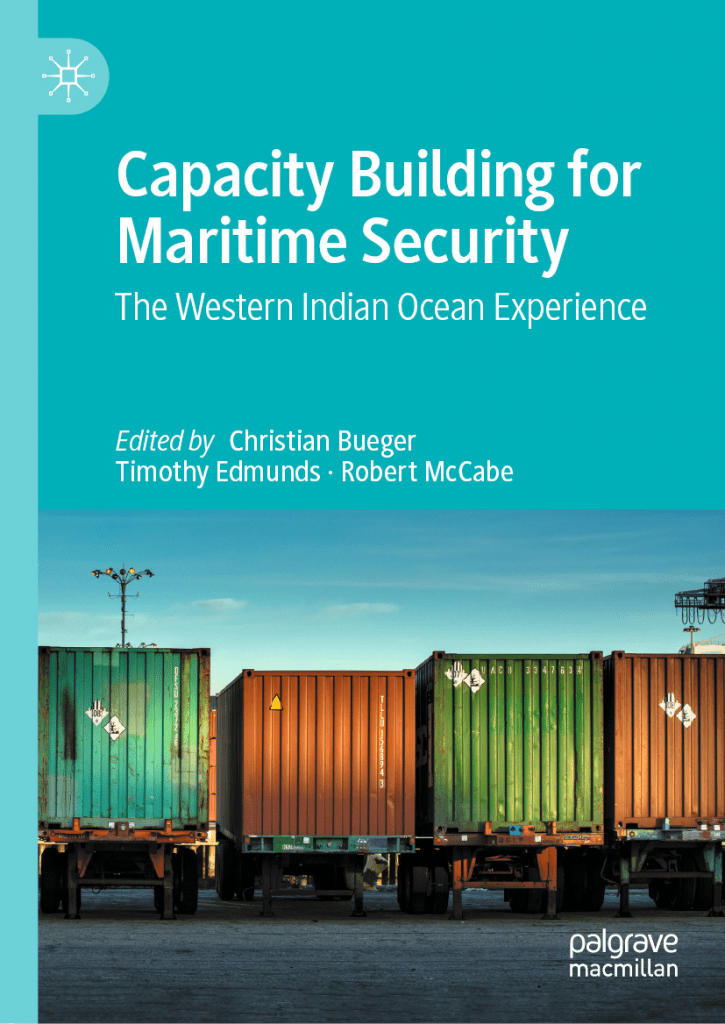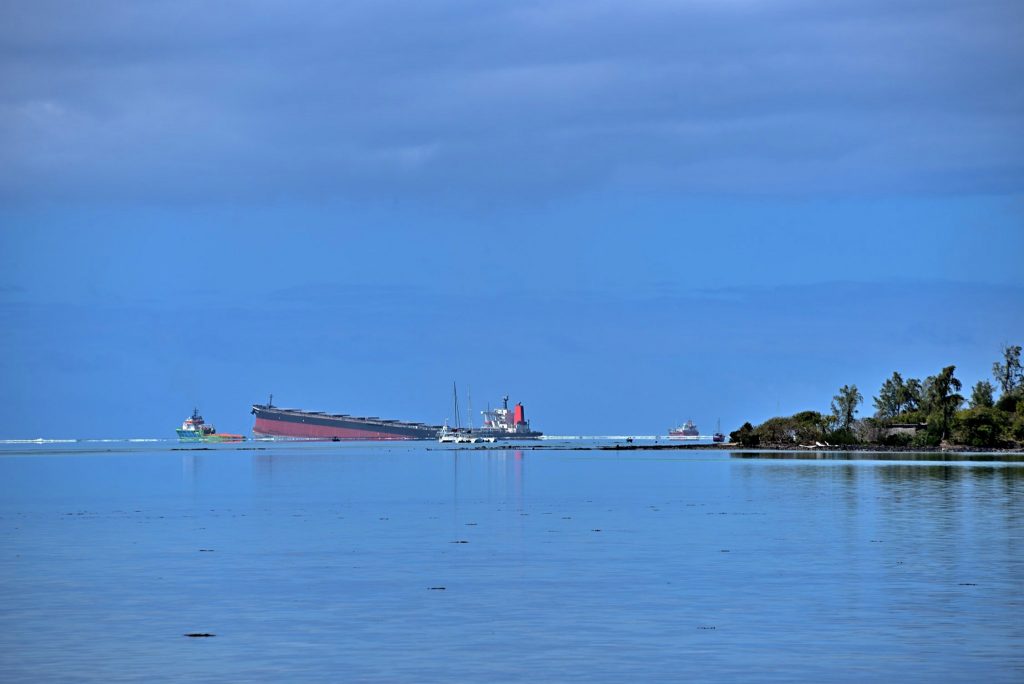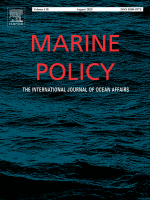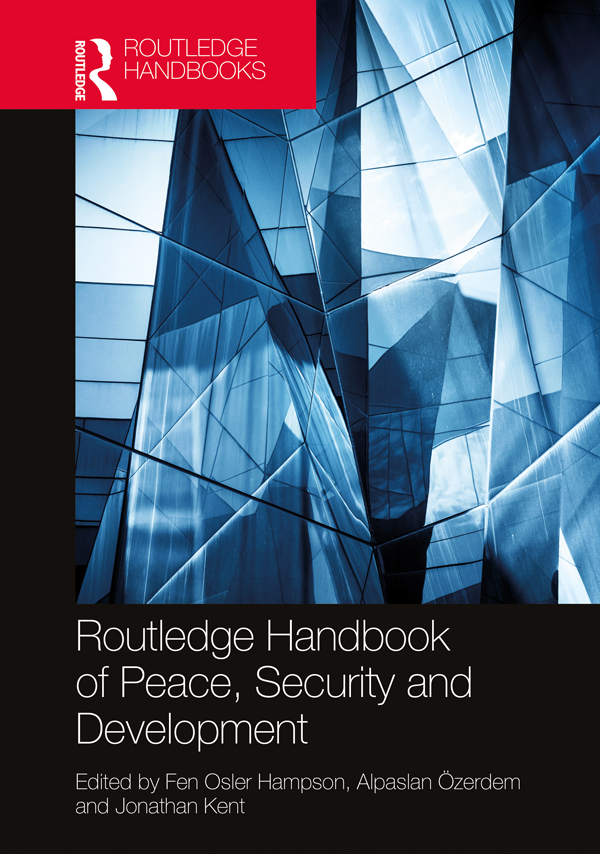In a new article authored with Tim Edmunds (University of Bristol), we develop a novel model to study change in international orders. We show the value of the model of pragmatic ordering by studying transformations in ocean governance. The article is available as a first view with Review of International Studies. Contact me to receive a free copy.
We advance pragmatist and practice-theoretical assumptions that invite us to emphasize ordering processes, everyday and informal activities, as well as experimental forms of governance. On this basis we develop a five-stage model of change:

The model integrates philosophical ideas with recent evidence from global governance research on the rise of informality and experimentalism. We then use this model to study the oceans, first zooming in on the changes induced by the arrival of maritime security and then second on the developments in the Western Indian Ocean.
As we show the oceans are not facing an emerging state of anarchy or disorder but are subject to a substantial re-ordering process. The model of pragmatic ordering is highly valuable to investigate the consequences of other recently recognized problems, such as extremism, climate change or cyber security.



